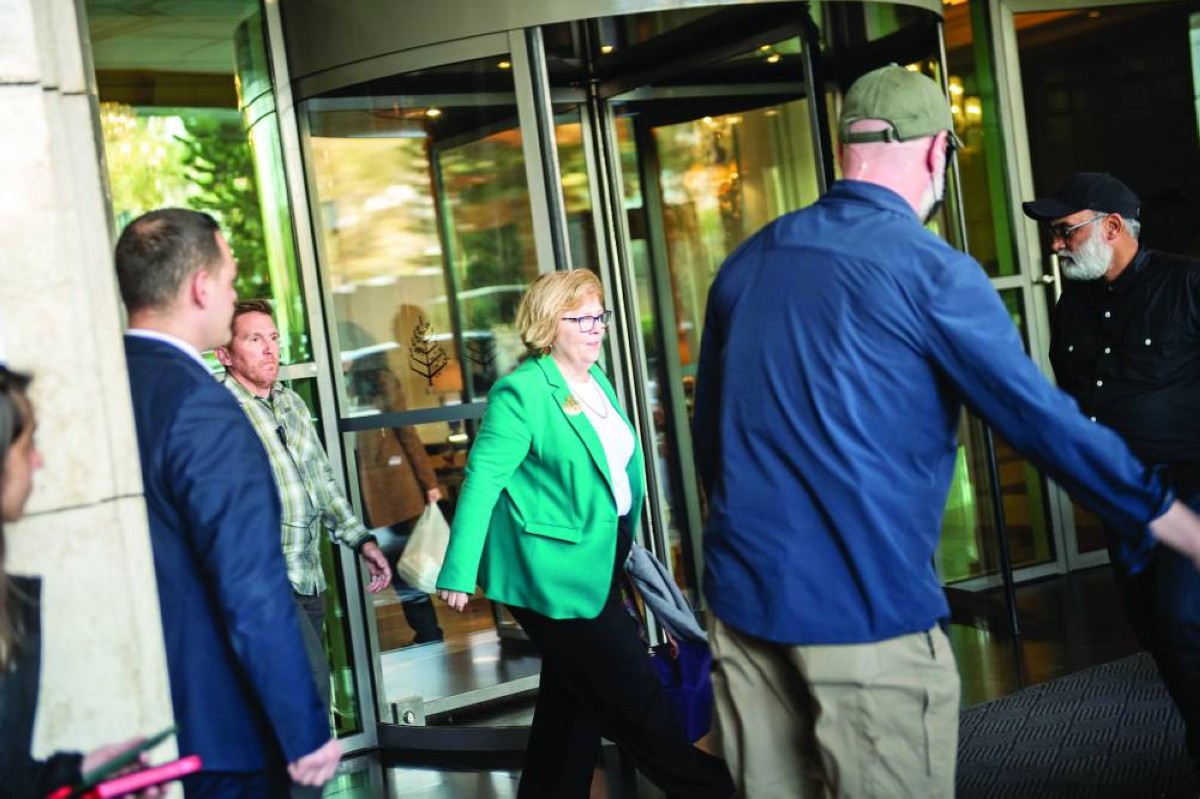Syria's New Era: Crisis, Stability, and Challenges
As Syria emerges from Assad's long rule, new promises and complex international influences shape the path to recovery. Challenges lie ahead in religious tolerance, stability, and political reform.
Published December 14, 2024 - 00:12am

Image recovered from arabnews.com
Syria is on the brink of a new era after the recent ousting of its long-time president Bashar al-Assad in a swift insurgent move. The transition has gained worldwide attention, promising a mix of hopes for stability and fears of ongoing instability. Bashar al-Assad, the former president, fled Syria following a forceful offensive led by the Islamist group Hayat Tahrir al-Sham (HTS) along with its allies, marking an explosive end to a regime that endured five decades amid authoritarian rule.
The new transitional prime minister, Mohammad al-Bashir, has pledged that the rights of all religious groups will be protected. This pledge emerged as a strong assurance to the religious minorities who have lived under a repressive regime that did not hesitate to suppress dissent brutally. Across Syria, jubilant celebrations erupted, marking the end of a stifling era, but there remains an undeniable concern regarding the future direction of the country, especially among religious minorities.
The promises of Mohammad al-Bashir are reinforced by HTS leader Abu Mohammed al-Jolani, who stated that those responsible for torture and detention under Assad's rule will face justice. With over half a million individuals detained since the war began, and numerous fatalities under inhumane detention conditions, the quest for justice and closure among Syrians remains pronounced.
However, the political transition in Syria is anything but simple. The involvement of multiple international players, including Turkey and the United States, underscores the geopolitical intricacies of the Middle East. Turkey's role is notably significant, given its historical support of the Syrian opposition and its recent engagement with HTS, aiming to stabilize Syria. The United States, meanwhile, has reiterated the need for a credible, inclusive, and non-sectarian government in Syria and has highlighted its intent to prevent Syria from being a hub for terrorism.
The political dynamic is further complicated by Syrian neighbors such as Iran and Russia, who have historically backed Assad. The Russian government has expressed a desire for rapid stabilization in Syria, while the Iranian authorities view Assad's removal as part of a Western plot orchestrated by the United States and Israel. The evolution of these international relationships will significantly influence Syria's socio-political landscape.
On the humanitarian front, previous promises have called for Syrian refugees, who fled the tumultuous years of civil unrest—with six million seeking refuge abroad—to return to a ‘free' Syria. However, many individuals remain wary of this promise, given the long-standing turmoil and economic hardships that have devastated their homeland.
Meanwhile, Turkey asserts itself as a key influencer in Syria's future. The country's communication channels with HTS, an entity recognized as terrorist by many but now surprisingly pliable, display its growing geopolitical influence. Turkey's indirect support to HTS, coupled with its humanitarian interventions in northern Syria, underscores its strategic interest and influence over Syria's new political structure.
Syrians are bracing themselves for challenges ahead. Pockets of sectarian strife, coupled with the challenges of governance and judicial reforms, pose risks to the realization of their democratic aspirations. International observers like the European Union and U.N. envoy for Syria, Geir Pedersen, emphasize the necessity of inclusivity and avoiding a repeat of past violent sectarian divides.
External military actions, primarily from Israel underlining its security concerns regarding Iranian footholds within Syria, further heighten the potential volatility. The situation remains sensitive as regional powers navigate their interests against a backdrop of evolving alliances and strategic calculations.
As the journey towards stabilizing Syria unfolds, the international community remains watchful and cautiously optimistic. Political reform, justice, and reconciliation serve as guiding tenets in shaping a future that balances historical grievances with aspirations for peace and stability.






